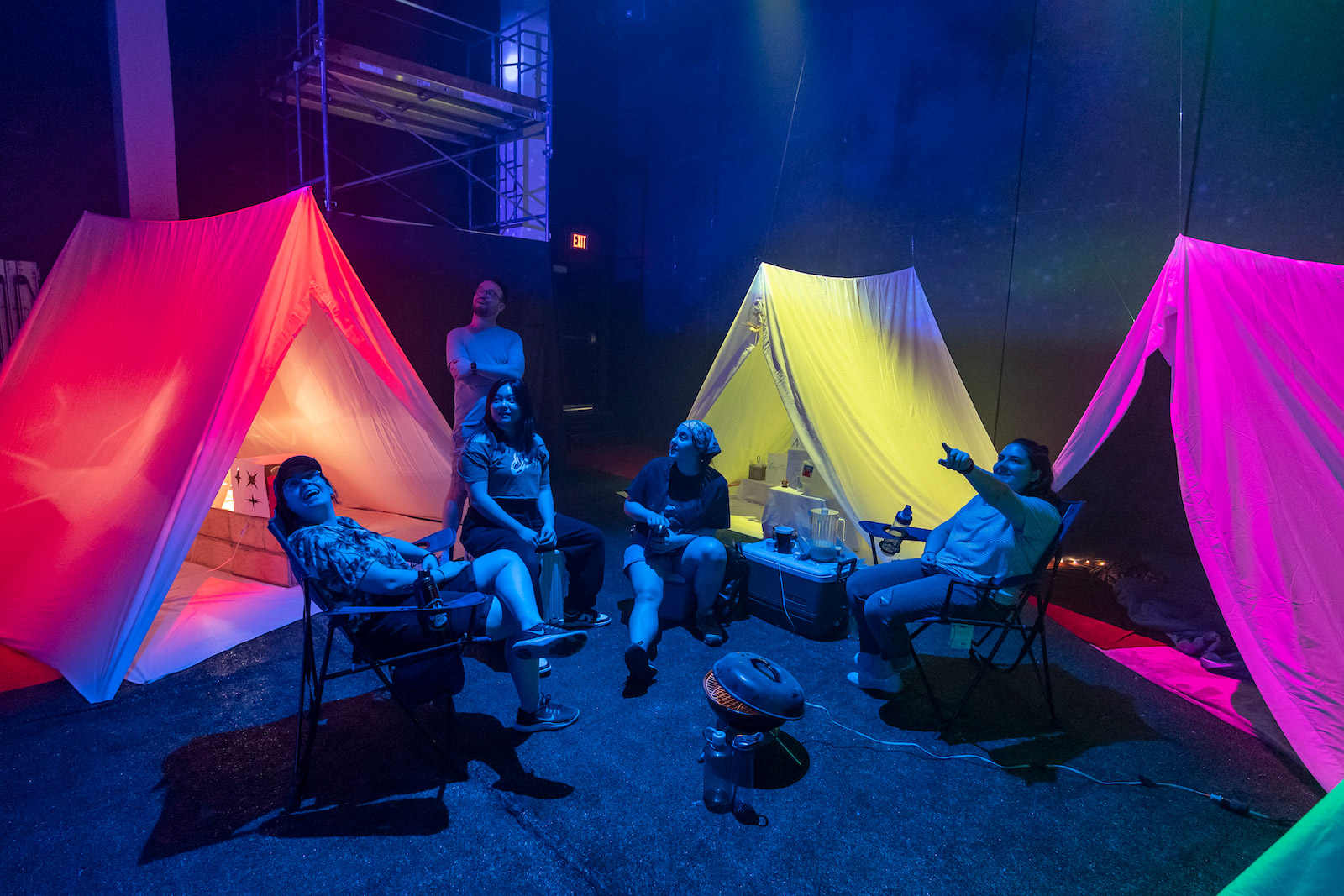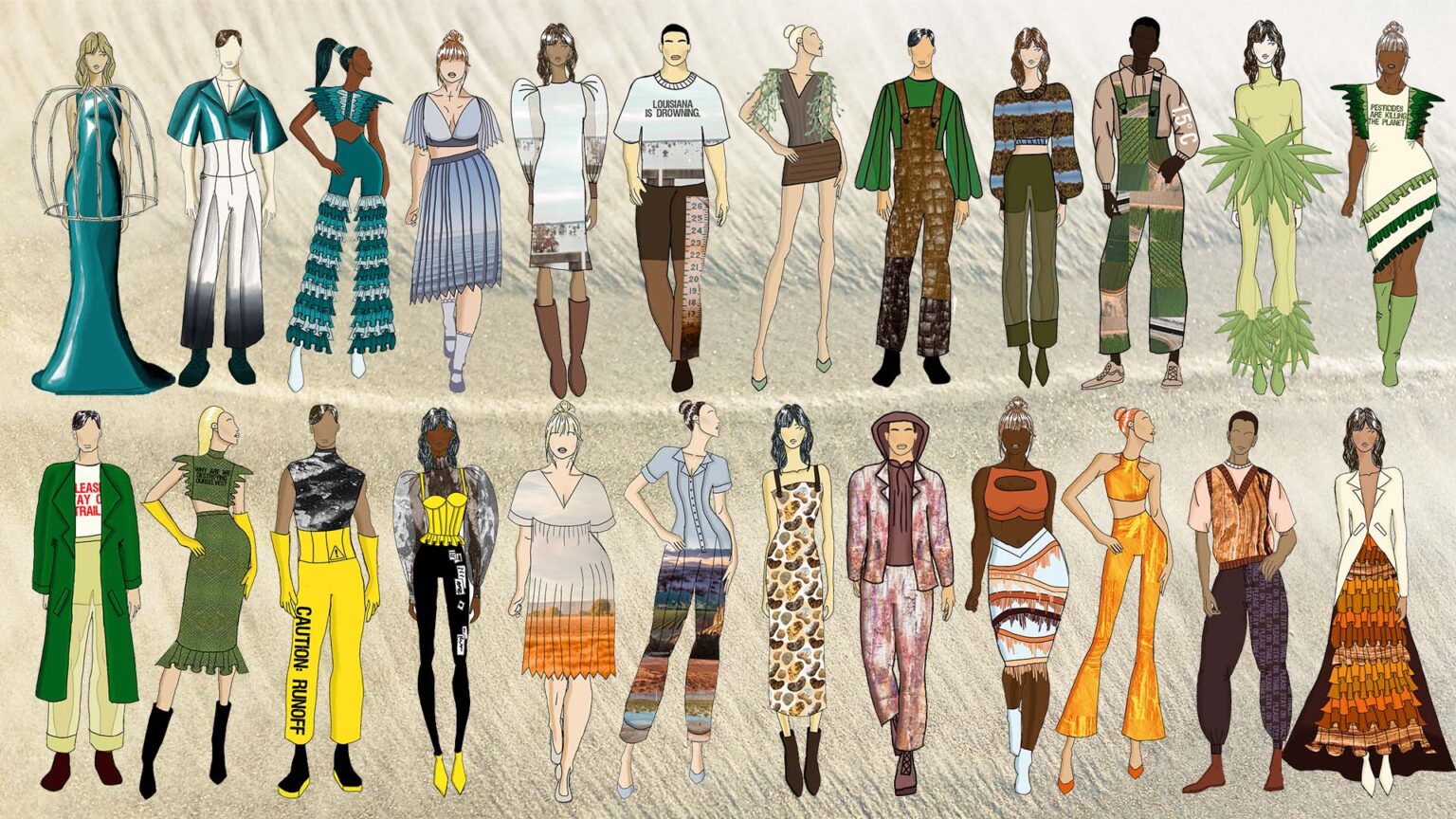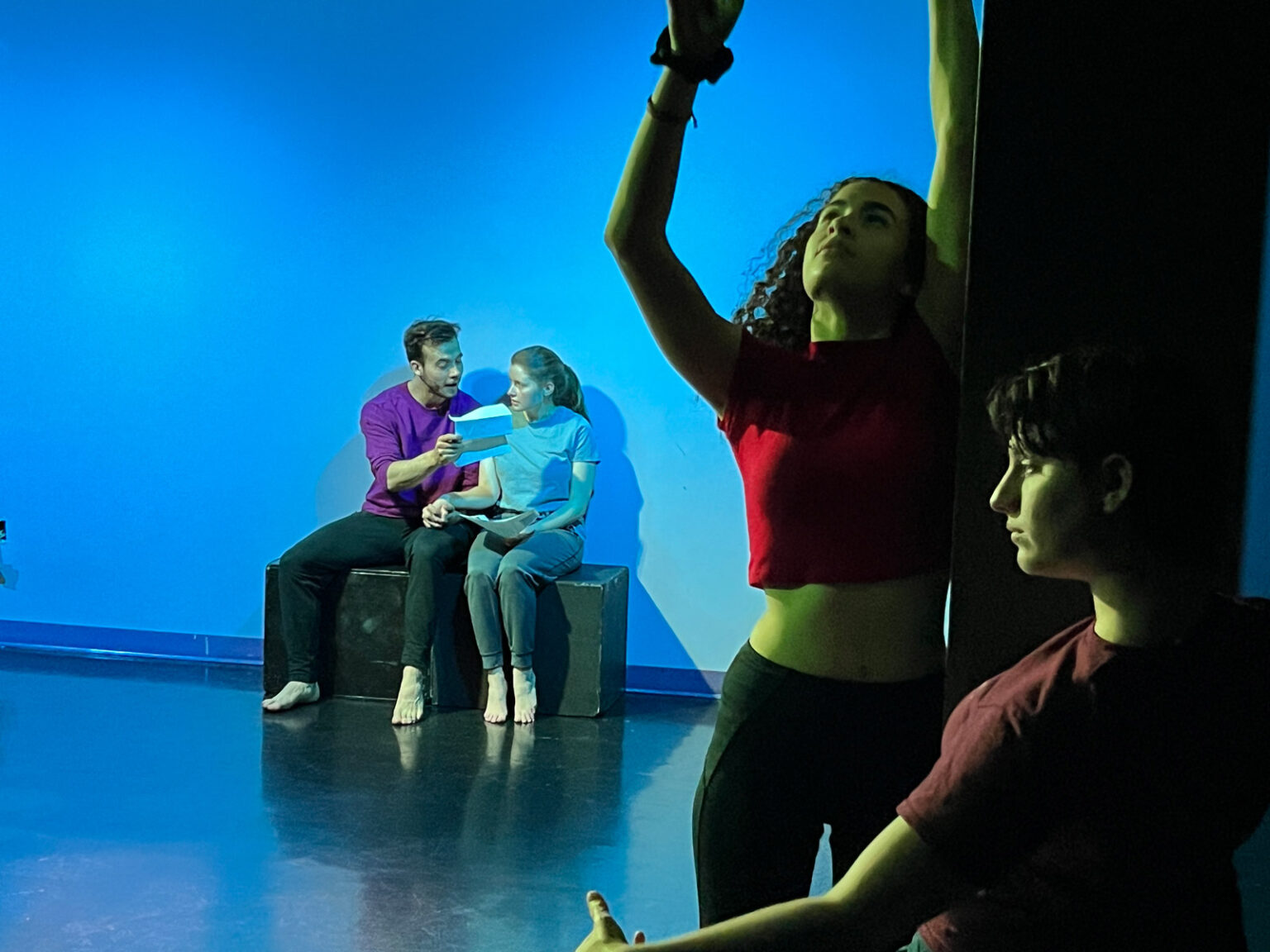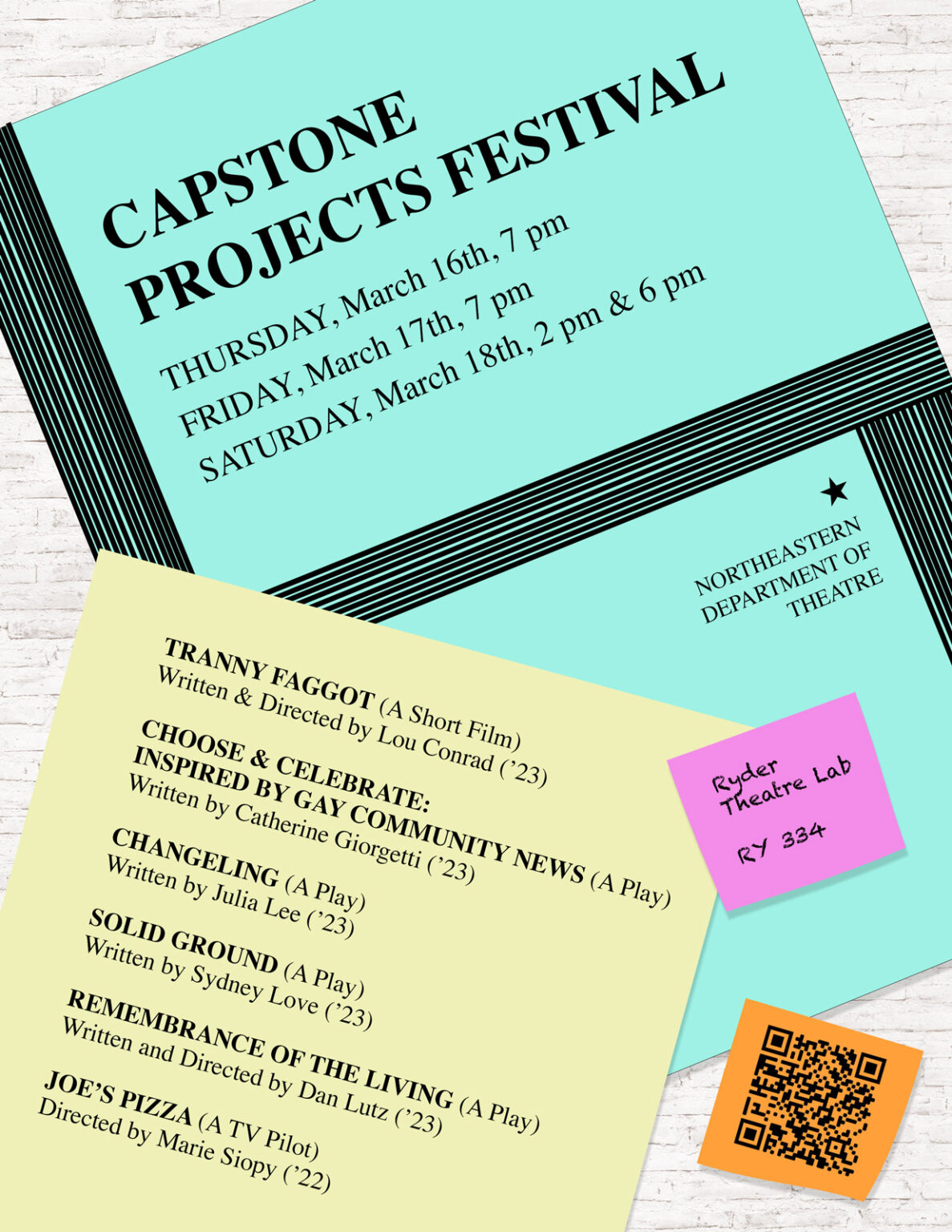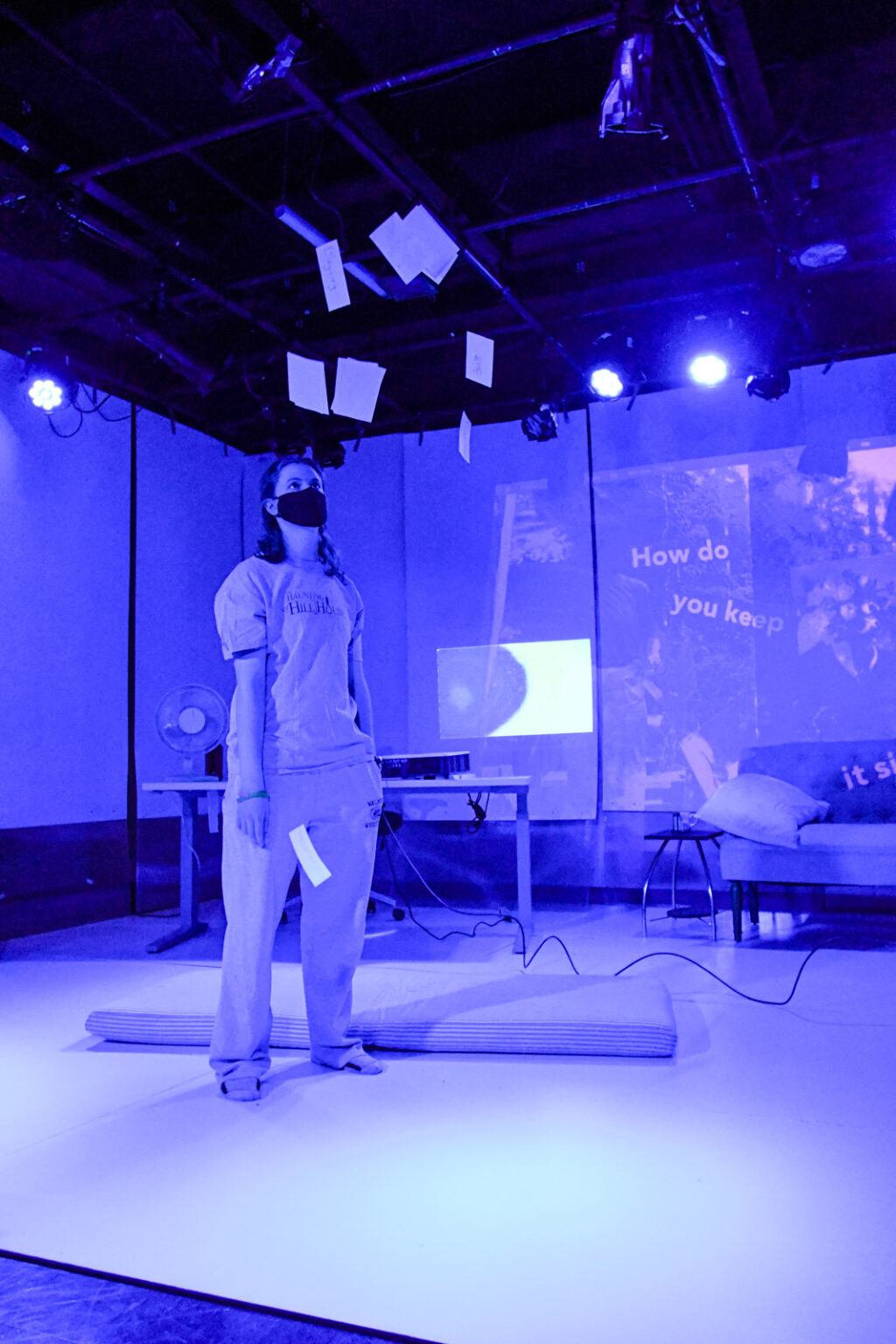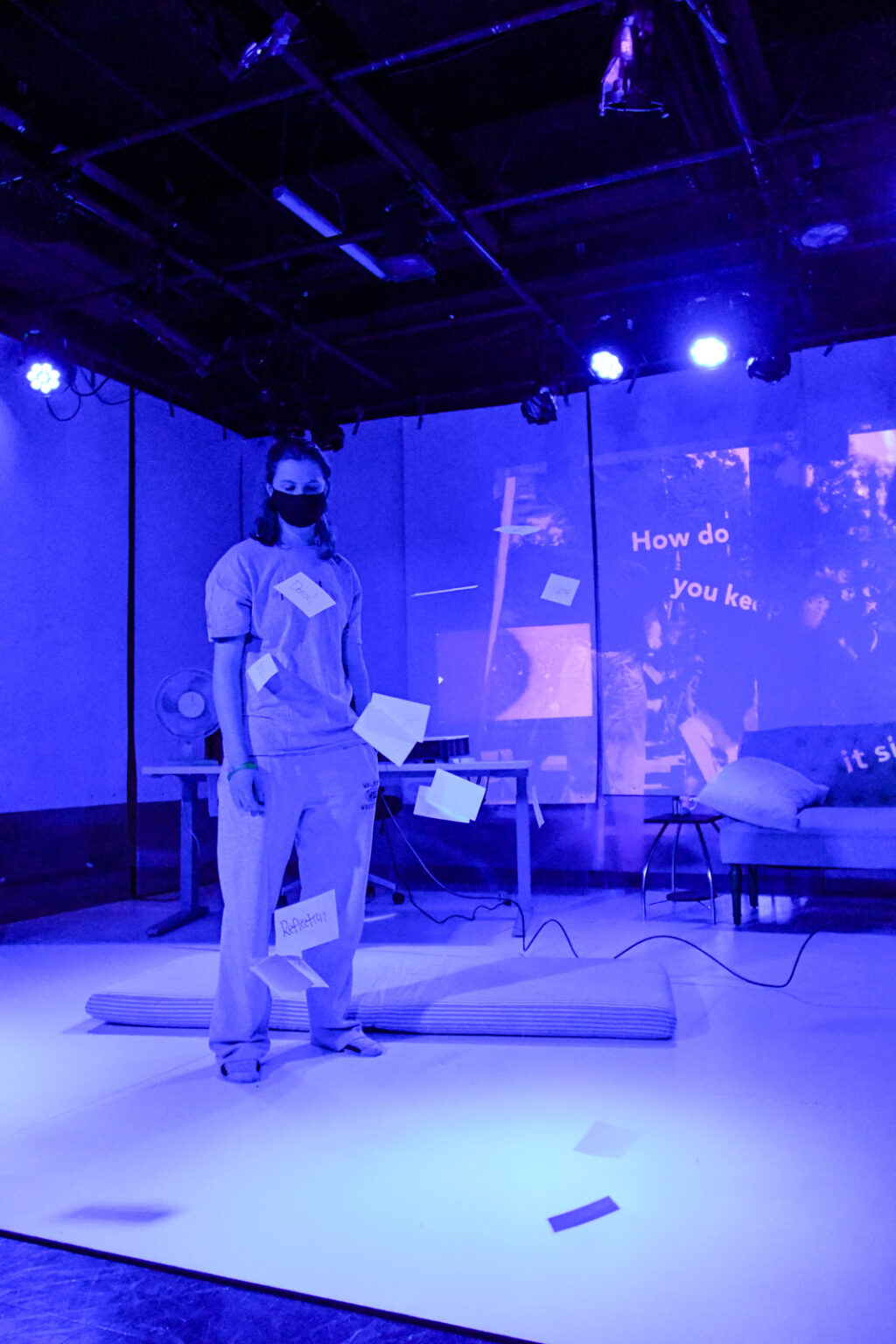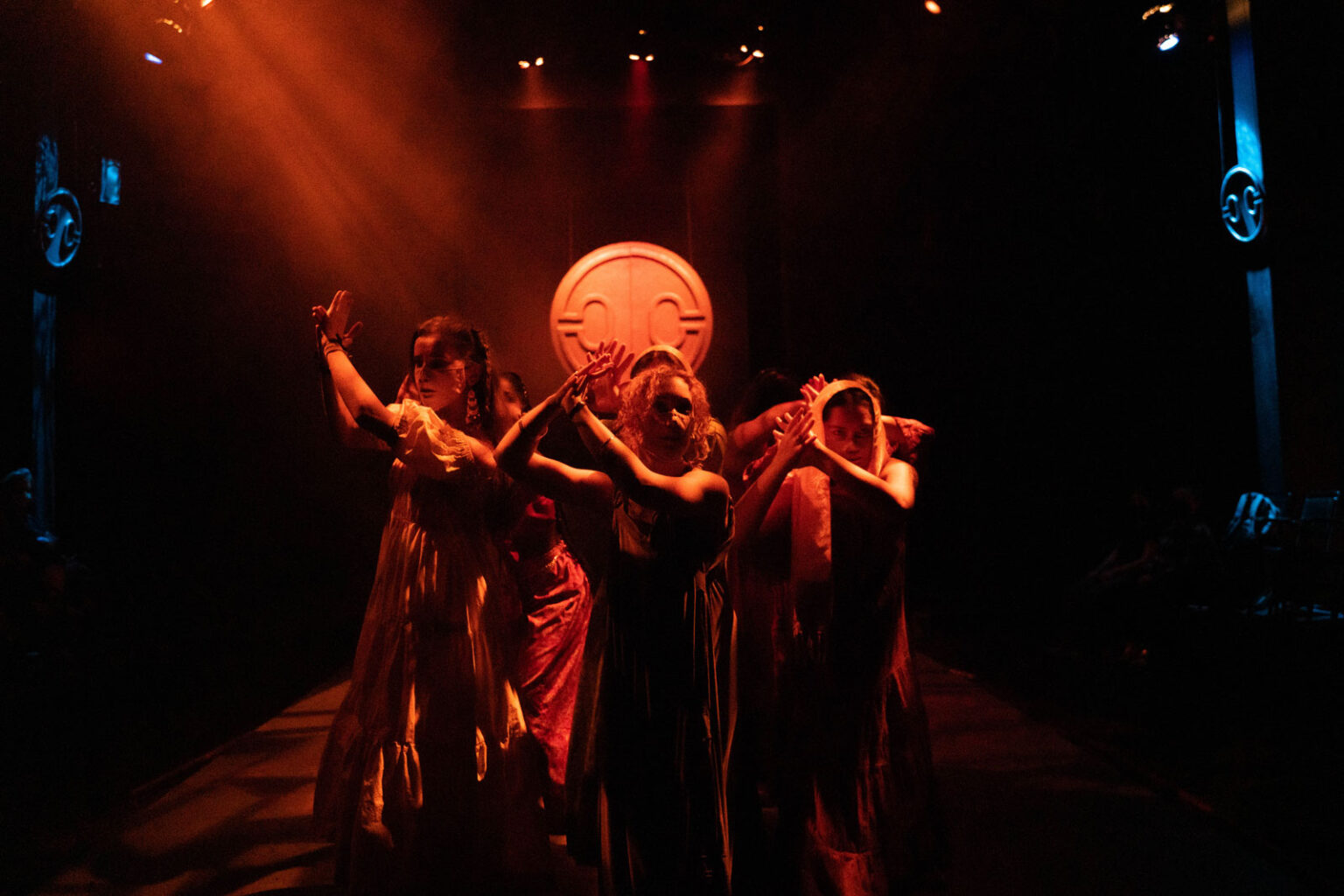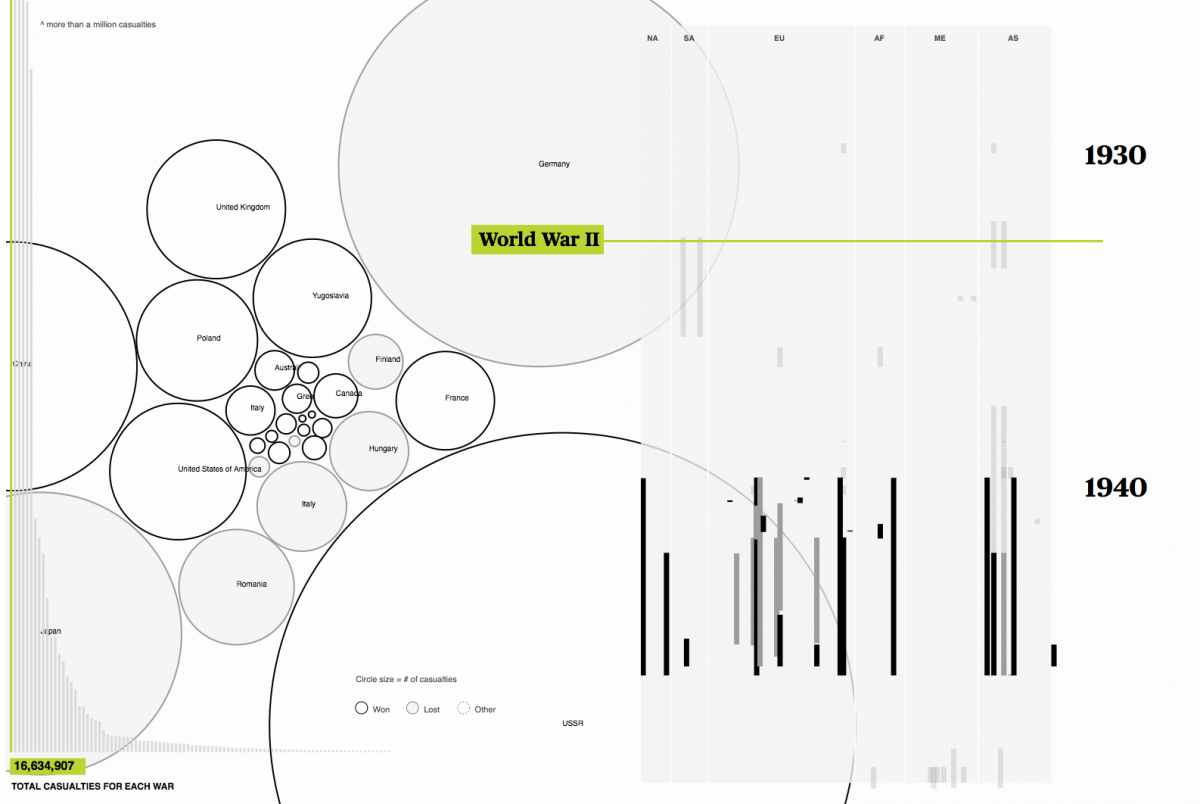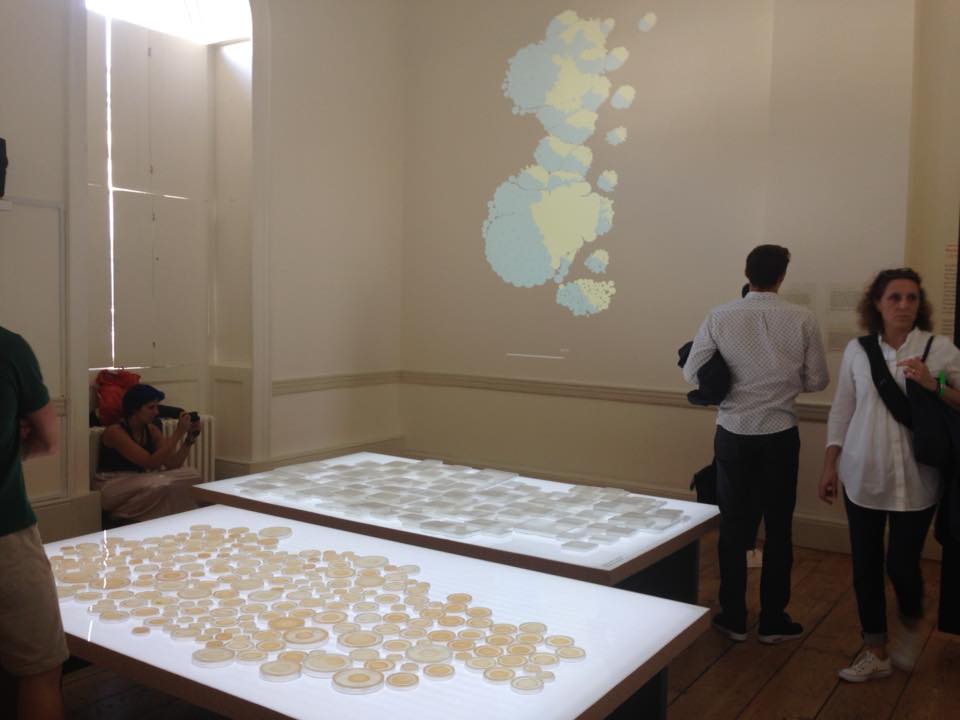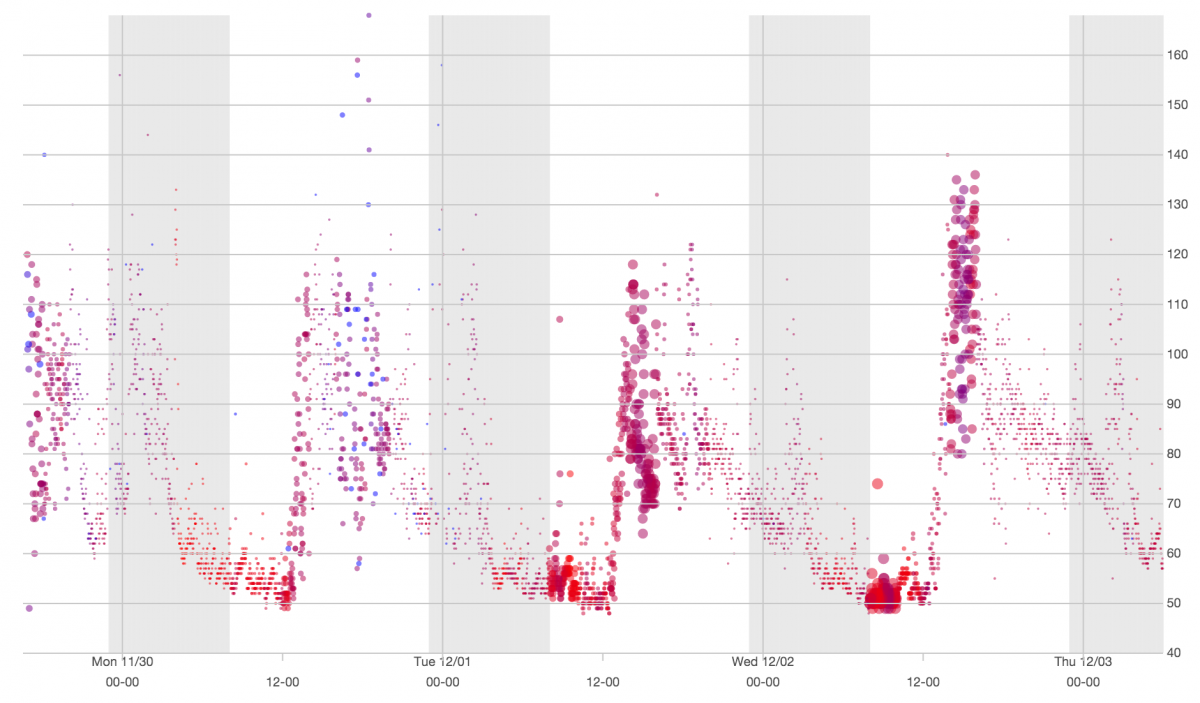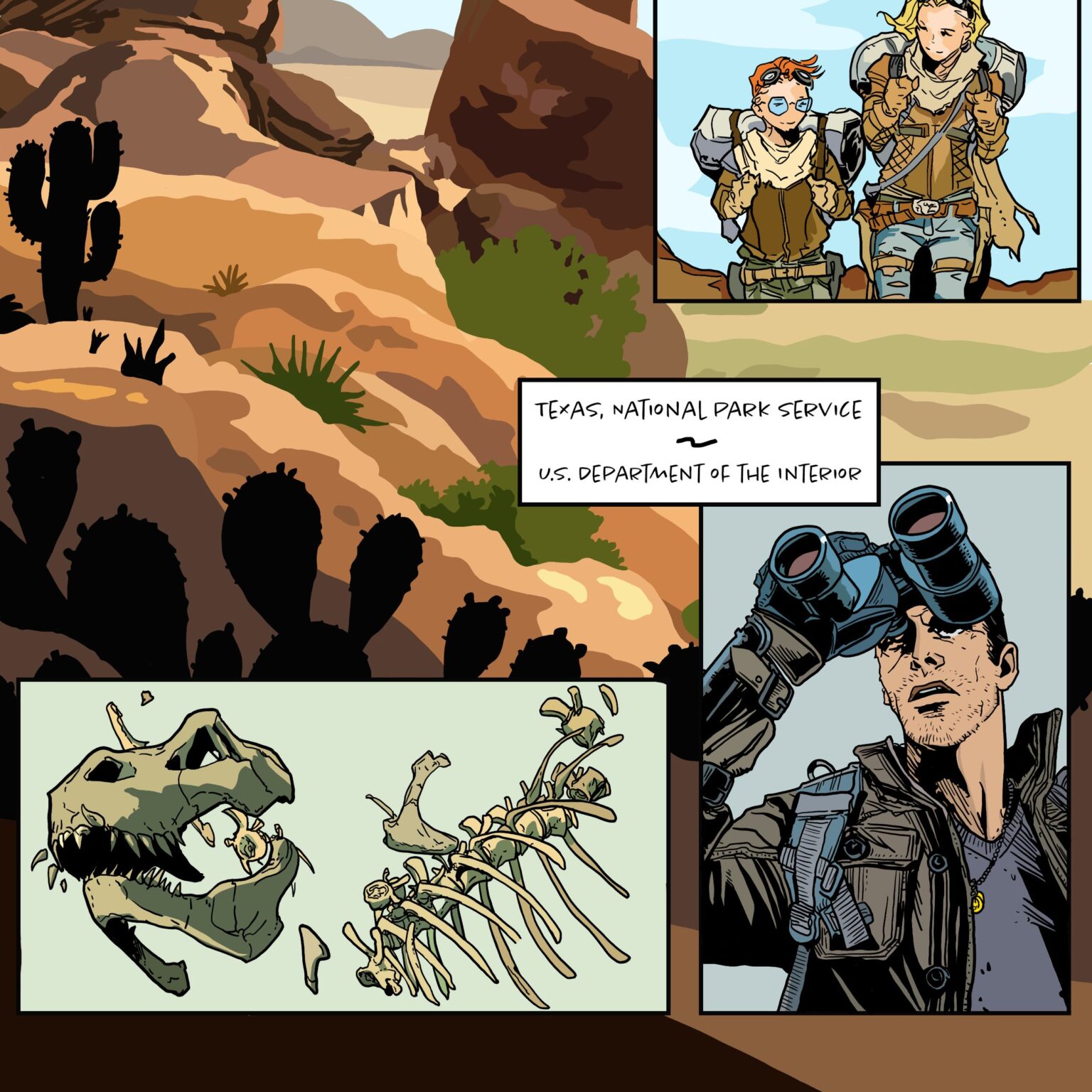Career Opportunities
- Actor
- Arts Administrator
- Costume Designer
- Designer
- Dramaturg
- Experience Designer
- Graphic Designer
- Interaction Designer
- Lighting Designer
- Playwright
- Product Designer
- Production Manager
- Scenic Designer
- Singer
- Stage Manager
- Stagehand
- Technical Director
- UI/UX Designer
Multidisciplinary Skills
- acting
- collaboration
- creative problem-solving
- critical thinking
- data analysis
- design research
- design software
- directing
- empathy
- experience mapping
- fabrication
- facilitation
- graphic representation
- human factors
- information design
- interviews
- leadership
- listening
- movement
- observation
- personas
- problem framing
- programming
- project management
- rapid prototyping
- script analysis
- semiotics
- singing
- sketching
- stage combat
- stage management
- technical skills
- typography
- user stories
- user testing
- verbal and written communication
- visual synthesis
- visualization
- voice and speech
Share
Offers a transformative education by aligning performance and production with academic inquiry and professional experiential learning. It is a community dedicated to creativity, collaboration, and excellence in the pursuit of innovative ways to see, to investigate, and to make theatre for a new generation through both classroom and experiential learning in areas of acting, directing, playwriting, and design practices. Designers are needed when we don’t know what is needed. They propose alternative futures and create new choices using design principles and processes to create, compose, and construct meaning. Seeking a broad understanding of principles and systems of perception, communication, and action, designers take a holistic and integrative approach that focuses on the quality of the human experience in concrete situations.
Theatre Learning Outcomes
Students who graduate from Northeastern University with a degree in theatre will be able to:
- Apply a broad and deep knowledge of theatre as an art form to their work, including:
- Foundational skills in performance, design, and production
- Comprehensive understanding of theatre history, theory, and literature
- Oral, visual, written expression of ideas with clarity and originality
- Make theatre with integrity
- Create or interpret a play
- Collaborate generously
- Apply a personalized technique to the process of making imaginative, innovative theatre
- Make informed choices as theatrical entrepreneurs through professional readiness
- Reflect on the cultural, social, and ethical impact and contributions that theatre has made to societies and communities
Design Learning Outcomes
- Apply iterative design processes to create, revise, evaluate, and develop effective prototypes and innovative solutions.
- Engage human-centered design research methods and systems thinking to identify and understand values, goals, motivations of intended audiences as a mode of inquiry, question framing and guide to action.
- Develop a high level of craft and technical skills in a relevant range of media and tools and effectively weigh applicability for intended audiences and outcomes.
- Develop and realize intent, concept and content with awareness of context and consequence.
- Implement visual patterns incorporating text, image, diagram including temporal and spatial representations to recognize, categorize, and articulate significant form and meaning
- Employ and embody ethical practices, team and cross-disciplinary collaboration, and effective communication and presentation skills.
- Apply relevant communication theories and principles and appreciate the pervasive and long-term impact of design decisions on people and societies.
Co-op Opportunities
- design and media sectors
- news and publishing sectors
- arts sectors
- food and beverage sectors
- fashion and travel sectors
- government and civic sectors
- health care and pharmaceutical sectors
- educational sector
- financial and business sector

